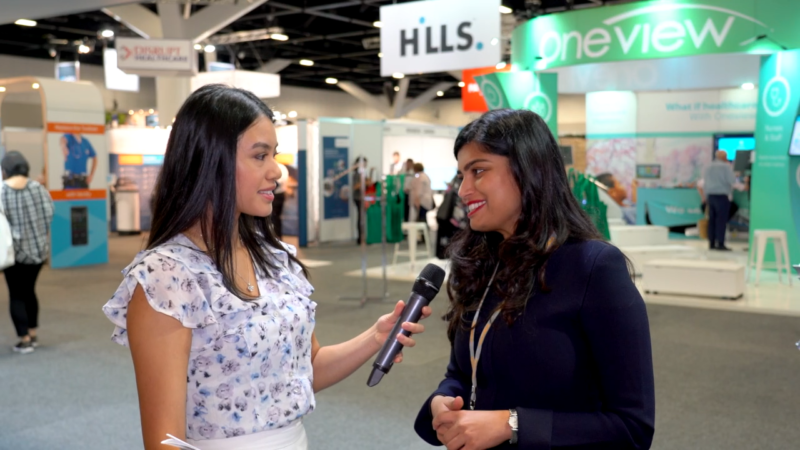WORKING IN PRACTICES WITH CONTRASTING POPULATION NEEDS AND ALTERNATIVE FUNDING MODELS GP runs population relay between practices
People In Health Care Series
Dr Jaspreet Saini, GP
Clinic Director, Healthicare &
Practice Owner and Principal GP, Rosedale Medical Practice
Filmed in Rooty Hill, New South Wales | October 2024
Dr Jaspreet Saini is a GP with a decade of experience, practicing in West Pennant Hills and Rooty Hill, New South Wales. He began his medical journey at Monash University, followed by internships and residency at Blacktown Hospital, in Western Sydney. Instead of confining himself to a single specialty, he pursued general practice to explore various facets of medicine.
His career philosophy centres around addressing frustrations within the healthcare system and advocating for multidisciplinary care. This commitment led him to travel to the United States, where he studied diverse healthcare models, particularly in underserved areas. Recognising the potential for improving primary care in Australia, he and his wife purchased a practice in West Pennant Hills in 2019, which has since received multiple awards for its innovative care approach.
However, Dr Saini felt a strong urge to work in a more underserved community to tackle health equity issues. He has been actively involved in a clinic in Rooty Hill since February 2024, focusing on redesigning healthcare delivery in an area characterised by socio-economic challenges and high rates of chronic conditions like obesity and diabetes.
His typical workweek has evolved to blend clinical practice with leadership and management. Three days a week, he coaches healthcare teams, guiding GPs, nurses, and medical assistants to enhance their clinical skills. Additionally, he engages in research related to health equity and models of care, seeking grants and writing papers.
Collaborative partnerships are pivotal to his approach. In Rooty Hill, his practice works closely with organisations like the Western Sydney Diabetes team, adopting proactive strategies to manage patients’ chronic conditions effectively. Through teamwork, they aim to provide holistic and efficient care, recognising that silos within healthcare hinder optimal outcomes.
You Might also like
-
Warning signs of substance abuse and addiction
Tara Hurster, is the CEO of The TARA Clinic and a psychologist who started working within the area of addiction in 2010. The TARA clinic, short for Therapeutic Addiction Recovery Assistance, recently started offering online programs to overcome and recover from addiction.
Tara spoke with Australian Health Journal about the early warning signs of anxiety and stress in health staff and executives, including irritability, changes in sleep patterns and diet leading to more serious mental health decline. These behaviours and symptoms increase the risk of substance abuse that could take the form of excessive smoking, drinking alcohol and drug use, porn, sex and gambling.
-
Dr Anjali Jaiprakash, Robobiologist from Queensland University of Technology
Dr Anjali Jaiprakash is a robobiologist working at the intersection of medicine, engineering and design, with a transdisciplinary approach to develop medical devices that translate robotic vision into affordable systems that can be used to improve healthcare outcomes. Anjali has experience in the fields of medical robotics, medical device, orthopaedics, trauma, bone and cartilage biology. She spoke with Anne Dao following her talk “The Robot Doctor Will See you Now” at Australian Healthcare Week 2019.
Post Views:
2,497 -
Maximising benefits, minimising harms in population health screening
Population screening is an important contributor to advancing health outcomes through the early detection of and successful intervention for chronic disease. The evolution of science, technology and evidence relating to diseases which are or may be amenable to a population screening approach deserve broad discussion and the sharing of expertise and evidence. They also warrant close scrutiny in context of health policy and health resource allocation considerations.
In March, Public Health Association of Australia (PHAA) convened Screening Conference Conference 2025 with the theme of ‘Population Screening for Chronic Disease – Maximising Benefits, Minimising Harms’.



